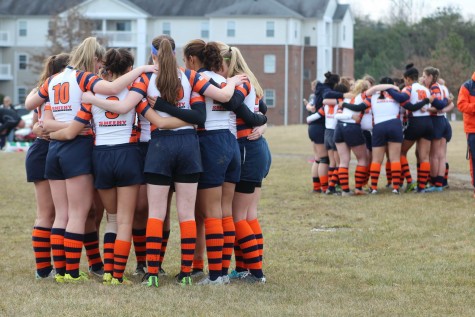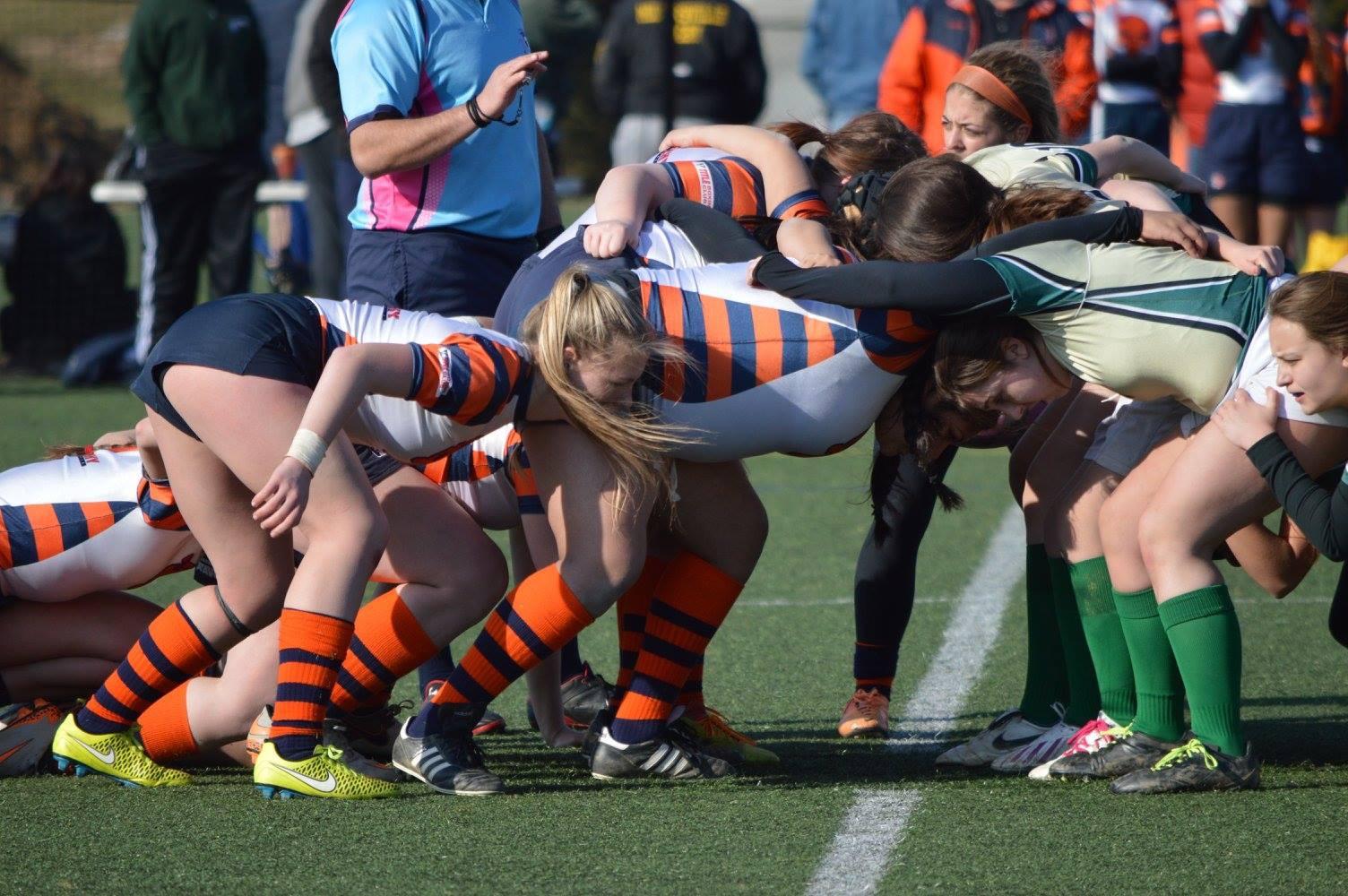Uncommon sport of choice for several LB athletes
April 24, 2016
On a day-to-day basis, we hear stories, player profiles and score updates for the same few sports: football, basketball, baseball and hockey. Occasionally, we’ll visit a few others sports such as lacrosse, soccer, tennis or golf, but rugby is constantly left out. Rugby, at least in the United States, is possibly the most underappreciated sport. It’s hard to tell whether it’s the complicated rules or the rough style of play that drive people away. Even so, a hand full of students have tested this sport out.
There wasn’t one exact incident or moment that senior Liam Twomey was introduced to the sport, rather he was born into it. Once he found a Virginia club that offered rugby in his age, he was hooked.
“My dad started playing in college, so I’ve been tossing a ball around since before I could walk,” Twomey said. “But there wasn’t much rugby to be had in New Hampshire. Once I moved to Virginia, however, I found out that SYC had U-9 touch rugby in the summer. I did that for two years, then went to tackle, then started playing for West End in the spring when I was in middle school.”
Senior Claudia Stevens who plays for SYC, was driven to the sport by encouragement from a friend.
“I thought it was really cool and different,” Stevens said. “And [my friend’s] older sister played and loved it, and I just felt like trying something new.”
Rugby caught the eye of junior Michael Garcia, who plays for West End, in a different way.
“I saw a movie about it,” Garcia said. “It was a movie about Nelson Mandela and a rugby team.”
Reluctance to pick up on the difficult and seemingly crazy rules may be a reason that many youth athletes never try out this sport, but the players agree that the rules don’t get in the way of the fun.
“It’s like any new sport you play,” senior Madison Deaton said. “It takes a while, but you catch on fast when you practice it.”
Stevens found that you can play the game without learning each and every regulation, she said.
“Once you learn the basics, like the ball has to go backwards and how to tackle incorrectly or illegally, it’s pretty easy to play,” Stevens said. “It’s easy to play without knowing every rule and weird quirk, but you pick them up over time.”
The fact that rugby includes tackling and excludes the use of pads may be another reason that people are generally driven to other sports.
“It’s actually a lot safer than football because without the padding you play safer and smarter.” Deaton said.
Stevens said that this game can be more psychologically taxing than physically taxing, despite popular opinion. Players can argue that rugby is physically safer, but poses a greater mental challenge.
“That’s a fear that every player has to overcome. When you hesitate going into a tackle you get hurt. So it’s either all or nothing, and that’s the mind game of it,” Stevens said. “That’s why rugby is so in your head because it’s constantly getting over your fears and learning to commit your body to the game.”
Twomey, who has been playing on rugby teams for 10 years, said he’d want rugby to become a high school sport.
“It is, in my opinion, the ultimate team sport because it is super inexpensive,” Twomey said. “All you need is a ball, some grass and a piece of rubber in your mouth, and because statistically it is safer than football, hockey or lacrosse.”
While these players have disclaimed many false beliefs about the sport they love, Stevens said she thinks it should stay a club sport.
“Fairfax County would make a big deal out of the liability, and I feel like it would be a pain,” Stevens said. “Also playing club for a sport that is still pretty unpopular is really cool because I meet so many people who commute to practice and come from different places, and it really amplifies the camaraderie that rugby is known for traditionally.”
Photos courtesy of Madison Deaton
